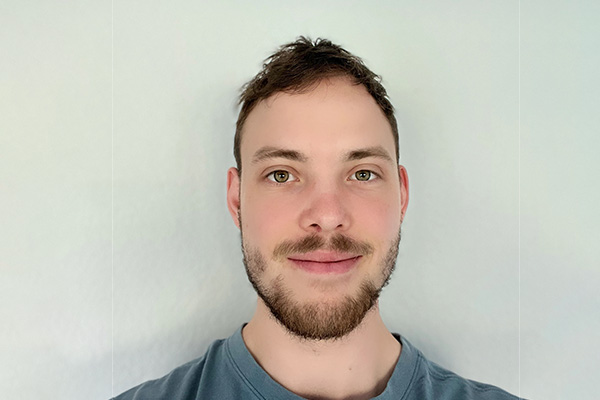Molecular Spin Systems on Surfaces
Paul Greule – Hector RCD Awardee Philip Willke
Single magnetic molecules can be used as building blocks to construct new artificial spin systems which are interesting for future quantum devices. We use scanning tunneling microscopy (STM) combined with electron spin resonance (ESR) to construct and investigate such spin systems on a surface. This enables the study of fundamental spin properties on the atomic scale and exploring novel magnetic phenomena in multi-spin systems.
For future quantum technologies, molecular spins have emerged as possible building blocks. They can self-assemble on a surface which facilitates the creation of quantum structures with interacting spins. Additionally, the molecule structure can be chemically engineered which enables the design of their magnetic properties.
The aim of our research is to construct and investigate a variety of multi-spin systems on a surface. The molecules are evaporated onto a conducting or insulating substrate and then investigated via scanning tunnelling microscopy (STM). Besides the self-assembly of the molecules, the microscope is used to further build artificial spin systems and to probe the physical properties of the molecules with a spatial resolution on the sub-atomic scale. In our research, we focus on investigating the energy levels and spin states of the constructed systems. Therefore, the STM is combined with electron spin resonance (ESR) to get high energy resolution and to coherently manipulate the spin states.
Thus, we are able to perform spin physics on the atomic scale while having the ability to engineer the magnetic properties of our system. This will allow us to access emerging magnetic phenomena of multi-spin systems for future quantum devices.
Figure 1: Graphical representation of the measurement. The interacting molecules on the surface are examined via the tunnel tip (green) of the scanning tunneling microscope.

Paul Greule
Karlsruhe Institute of TechnologySupervised by

Philip Willke
Physics, Chemistry

